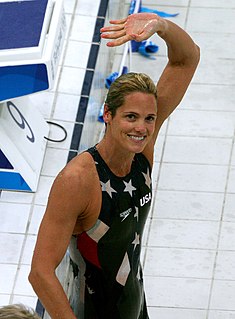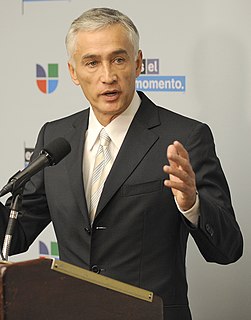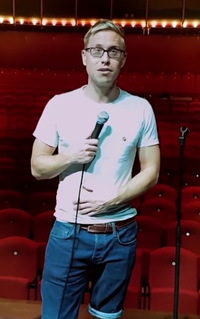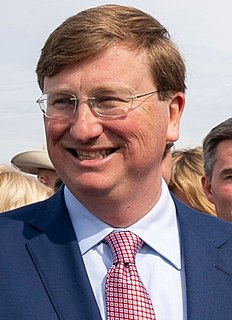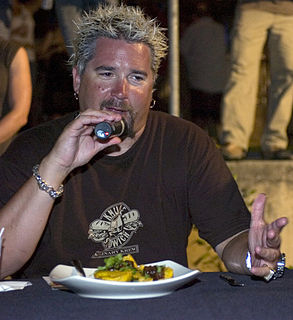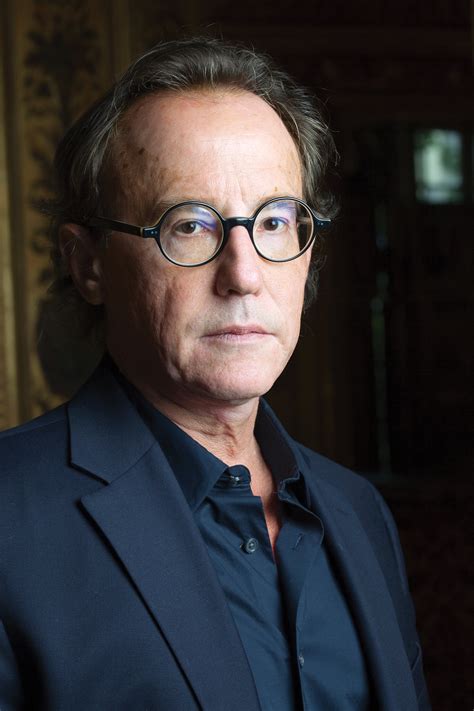A Quote by Michael Sandel
I almost became a political journalist, having worked as a reporter at the time of Watergate. The proximity to those events motivated me, when I wound up doing philosophy, to try to use it to move the public debate.
Related Quotes
I knew early on that I wanted to be a reporter, but I didn't know I was a political journalist until my first job in Boston, in the '70s, covering the public school committee at a time when busing was a huge issue. Children's lives were being directly affected by political decisions, and that's when I realized that everything is politics.
Missing from much of the public debate is discussion of the simple fact that lurking behind every terroristic act is a specific political antecedent. That does not justify either the perpetrator or his political cause. Nonetheless, the fact is that almost all terrorist activity originates from some political conflict and is sustained by it as well.
When I was trained as a journalist, as a race-relations reporter in Nashville covering the end of the civil-rights movement, we were strictly forbidden to use the first-person pronoun. There was kind of an electric charge around it. To come out from hiding and use the word 'I' carried a lot of fright for me.
That makes me think, my friend, as I have often done before, how natural it is that those who have spent a long time in the study of philosophy appear ridiculous when they enter the courts of law as speakers. Those who have knocked about in courts and the like from their youth up seem to me, when compared with those who have been brought up in philosophy and similar pursuits, to be as slaves in breeding compared with freemen.
The adjective "political" in "political philosophy" designates not so much the subject matter as a manner of treatment; from this point of view, I say, "political philosophy" means primarily not the philosophic study of politics, but the political, or popular, treatment of philosophy, or the political introduction to philosophy the attempt to lead qualified citizens, or rather their qualified sons, from the political life to the philosophic life.
There was a time when conservative intellectuals raised the level of American public debate and helped to keep it sober. Those days are gone. As for political judgment, the promotion of Sarah Palin as a possible world leader speaks for itself. The Republican Party and the political right will survive, but the conservative intellectual tradition is already dead. And all of us, even liberals like myself, are poorer for it.


